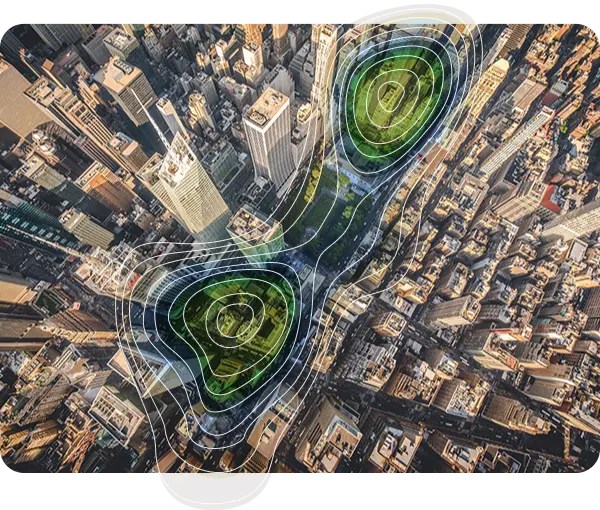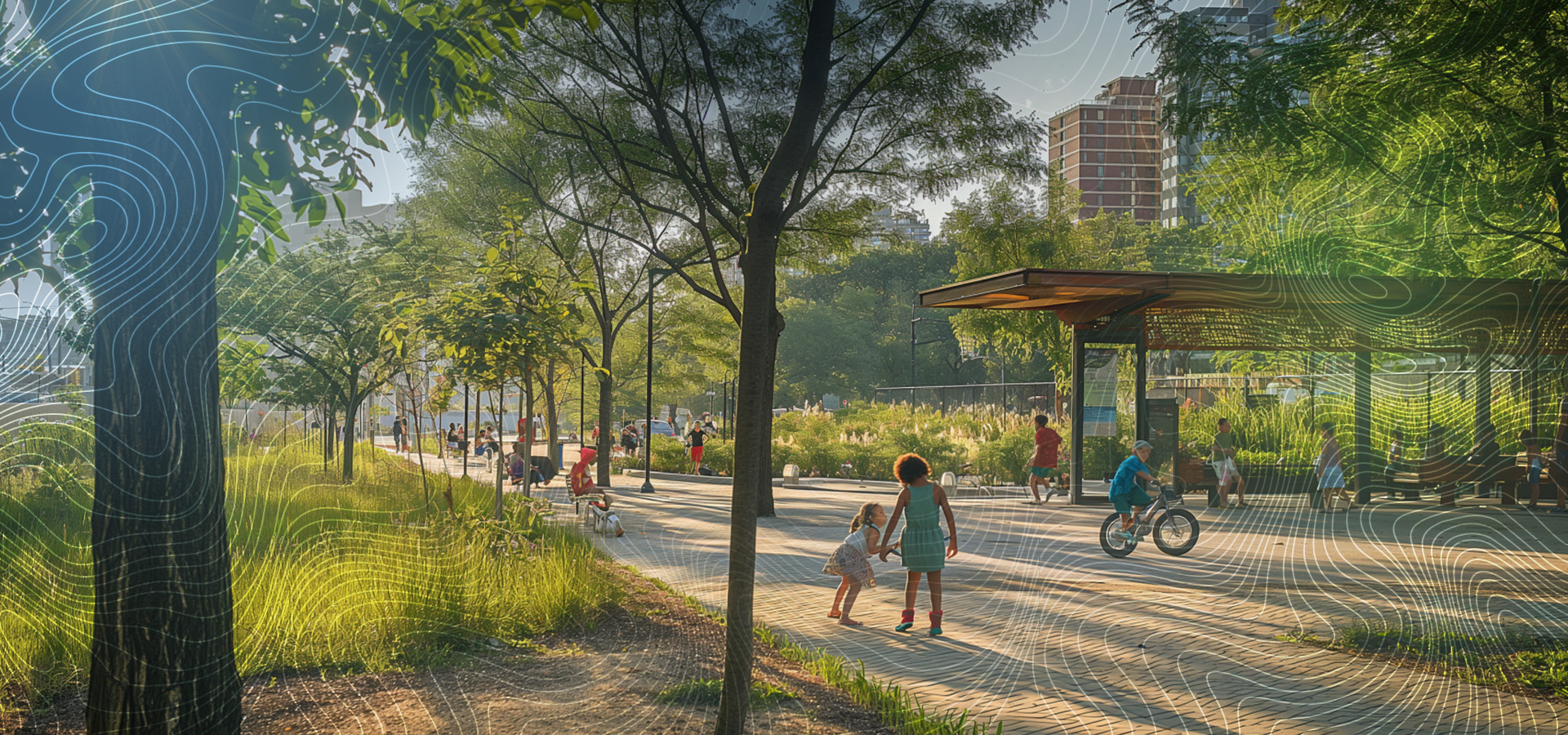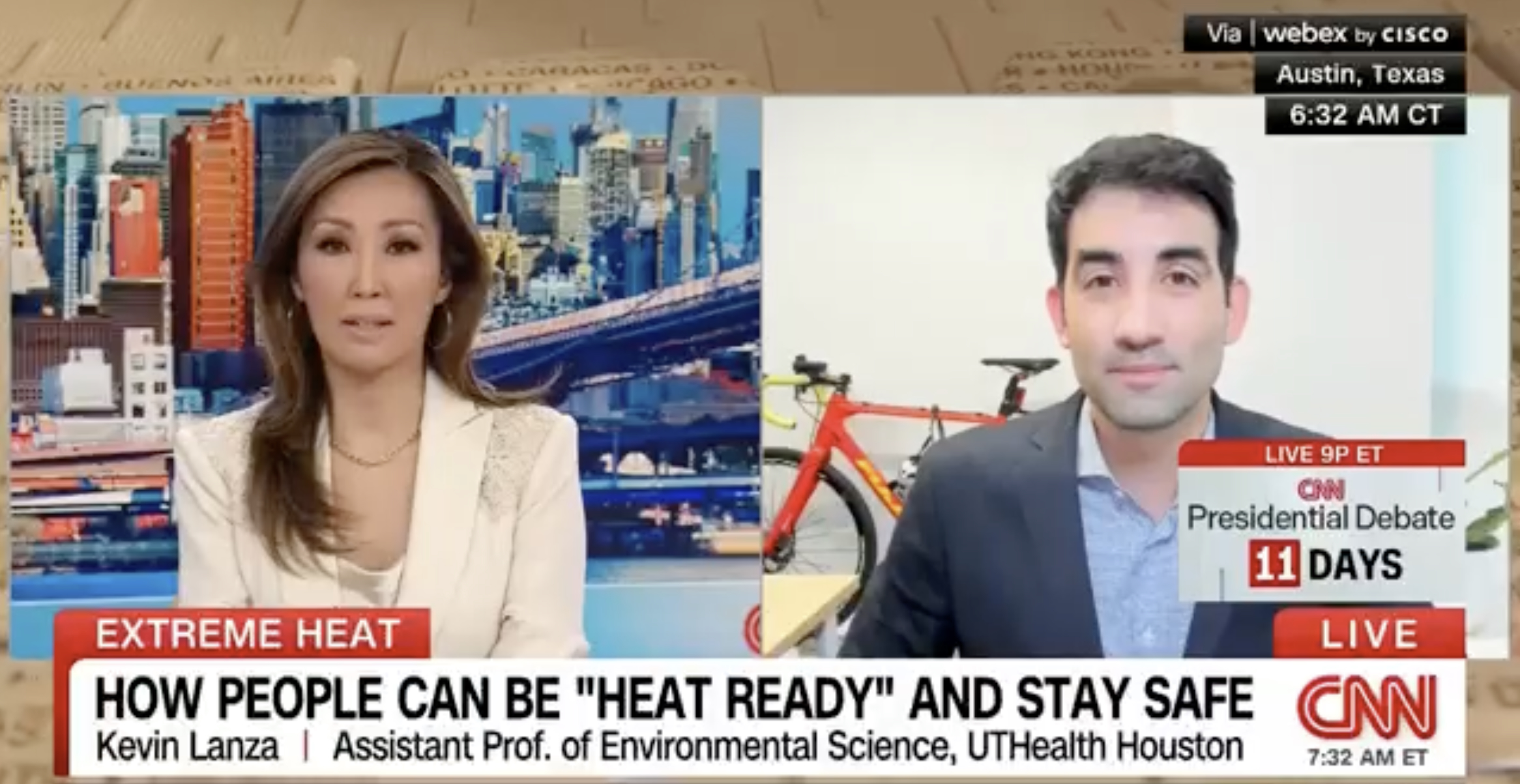
Lab purpose
Protecting the health of children, equitably
We aim to promote the health of children and their households by combining community expertise with techniques from public health, city & regional planning, and climatology.
Research & Publications
What we’re up to
-
Green Schoolyards Project
Only about one-quarter of children in the United States are reaching recommended levels of physical activity for health and well-being. Furthermore, children are spending less time in nature than ever before, missing out on the physical, mental, and emotional health benefits of engaging with the natural world. Extreme heat may serve as a barrier to […]
-
Routes to Environmental Justice
Encouraging walking and cycling to get to and from places is one strategy to promote children’s physical activity, a health behavior with wide-ranging benefits. Municipalities have made large investments in crossing guards, education, outreach, and infrastructure projects through Safe Routes to School programs to help ensure children can walk, bike, and roll safely to and […]
-
Climate Change and Pediatric Health in Eswatini
Eswatini is a high-burden country for HIV and tuberculosis (TB) that has made remarkable progress in combatting both diseases in recent years. To sustain and expand upon Eswatini’s progress against HIV/TB, HEAT Lab member Dr. Anna Mandalakas at Baylor College of Medicine—in collaboration with UTHealth Houston School of Public Health, University of Eswatini, and Eswatini […]

Who we are
The HEAT Lab is a multidisciplinary team.
We have extensive experience conceptualizing, designing, and conducting community-engaged, mixed-methods research and disseminating results as evidence for action.
In the news
Media coverage of our research
We engage with media to share science-backed recommendations to protect and promote the health of children and their households.


